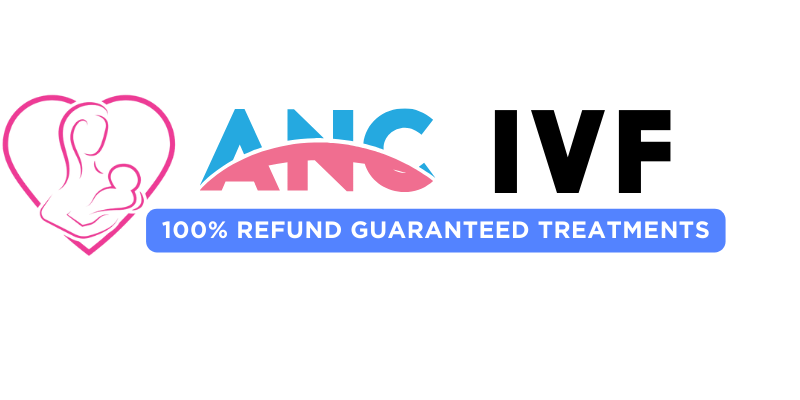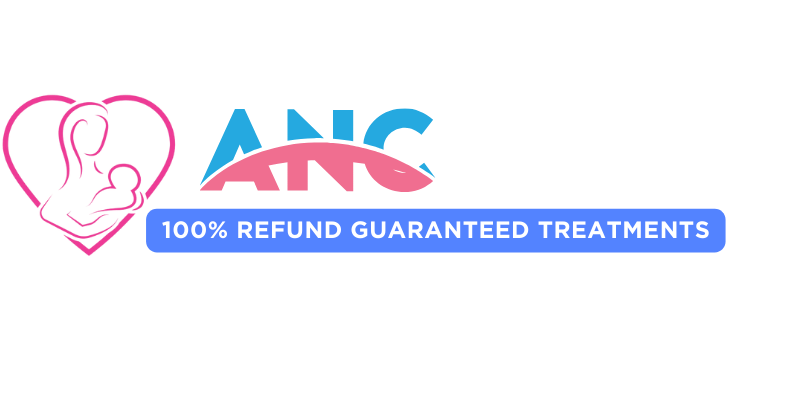Despite all the advancements in innovation and technology, there are instances where achieving pregnancy with one’s own eggs is not feasible. In such cases, at CRA Barcelona, we offer a rigorous egg donor program to facilitate pregnancy through egg donation.
1. WHAT IS THE PROCESS LIKE?
Using Fenomatch technology, our medical team selects a donor based on your phenotypic characteristics to ensure the future baby resembles you as closely as possible.
The donor undergoes endometrial preparation, monitored through ultrasound scans until conditions are optimal. On the day of egg retrieval, a sperm sample is obtained for fertilization. Embryos are then cultured in state-of-the-art incubators for up to 5 days before being frozen.
Once we have frozen blastocyst-stage embryos, we await the recipient’s menstruation to cease. An ultrasound confirms the endometrium’s readiness, and estrogen treatment may be initiated to ensure optimal conditions for embryo transfer. After about two weeks of treatment, the endometrium is assessed, and embryo transfer is scheduled. A blood pregnancy test is conducted two weeks post-transfer.
2. WHAT ARE THE DONORS LIKE?
Our egg donor program involves rigorous screening, including clinical and psychological evaluations. Candidates undergo thorough examination by our team of gynecologists, geneticists, and psychologists. Additionally, our Donation Plus program includes genetic testing for over 300 genetic diseases and immunological studies.
3. AND EMOTIONALLY, HOW WILL I FEEL?
Receiving donor eggs can initiate a complex psychological process. To support you, we’ve established a support group of egg donation mothers who have experienced similar doubts, fears, and insecurities.
4. AND WHAT ARE THE RESULTS?
The cumulative pregnancy rate per cycle with donated oocytes stands at 89%.
5. AND HOW ARE THEY SELECTED?
Egg donation is anonymous, with selection based on physical resemblance and blood group concordance. Within the Donation Plus program, donors are chosen based on genetic compatibility, minimizing hereditary genetic disease risks.
6. WHEN MAY OVODONATION BE NECESSARY?
Ovodonation may be necessary for patients over 40, those with low ovarian reserve, low oocyte quality, repeated abortions or implantation failures, and patients with severe genetic abnormalities.
First Contact: Our specialized nurses conduct initial telephone interviews with potential donors, considering age, reproductive and medical history. Positive evaluations lead to the scheduling of the first medical visit.
First Visit: Biometric and phenotypic assessments are conducted, including height, weight, race, and blood group. Images and videos are captured to optimize donor-recipient matching.
Medical Interview: Gynecologists specializing in assisted reproduction review the donor’s personal and family medical history, focusing on lifestyle habits and health status.
Complete Gynecological Examination: This includes cytology, gynecological ultrasound to assess ovarian reserve and anatomy, breast examination, and genital cultures.
Complete Analytical Study: Blood tests cover various parameters including hormone levels, cholesterol, and glucose.
Infection Screening: Donors are tested for hepatitis B and C, HIV, syphilis, and other infections.
Karyotype Analysis: This detects genetic anomalies.
Immunological Analysis: HLA-C testing is conducted if immunological matching is necessary.
WHEN MAY OVODONATION BE NECESSARY?
- Patients over 40 years old
- Those with low ovarian reserve (due to age, surgery, medications, etc.)
- Individuals with low oocyte quality
- Those experiencing repeated abortions or implantation failures
- Patients with severe genetic or chromosomal abnormalities.

